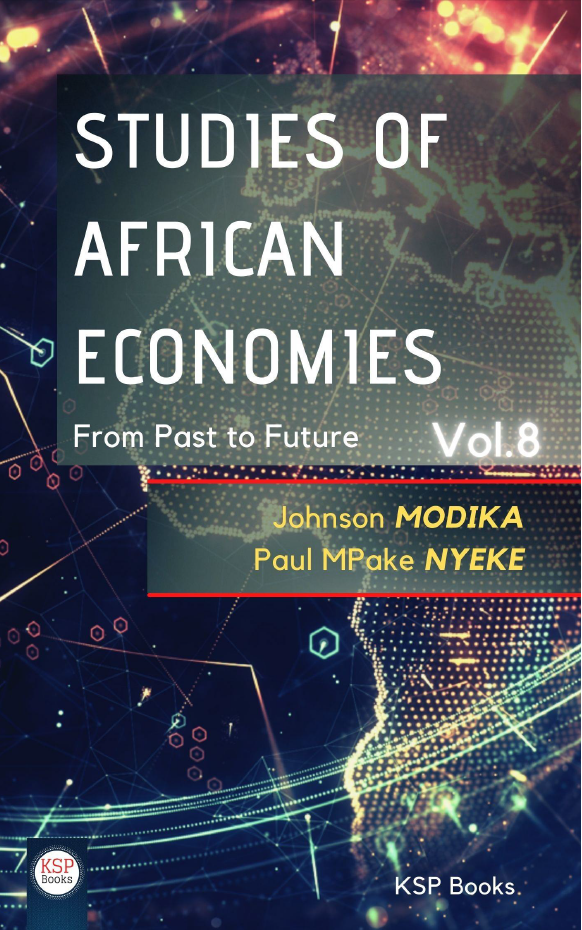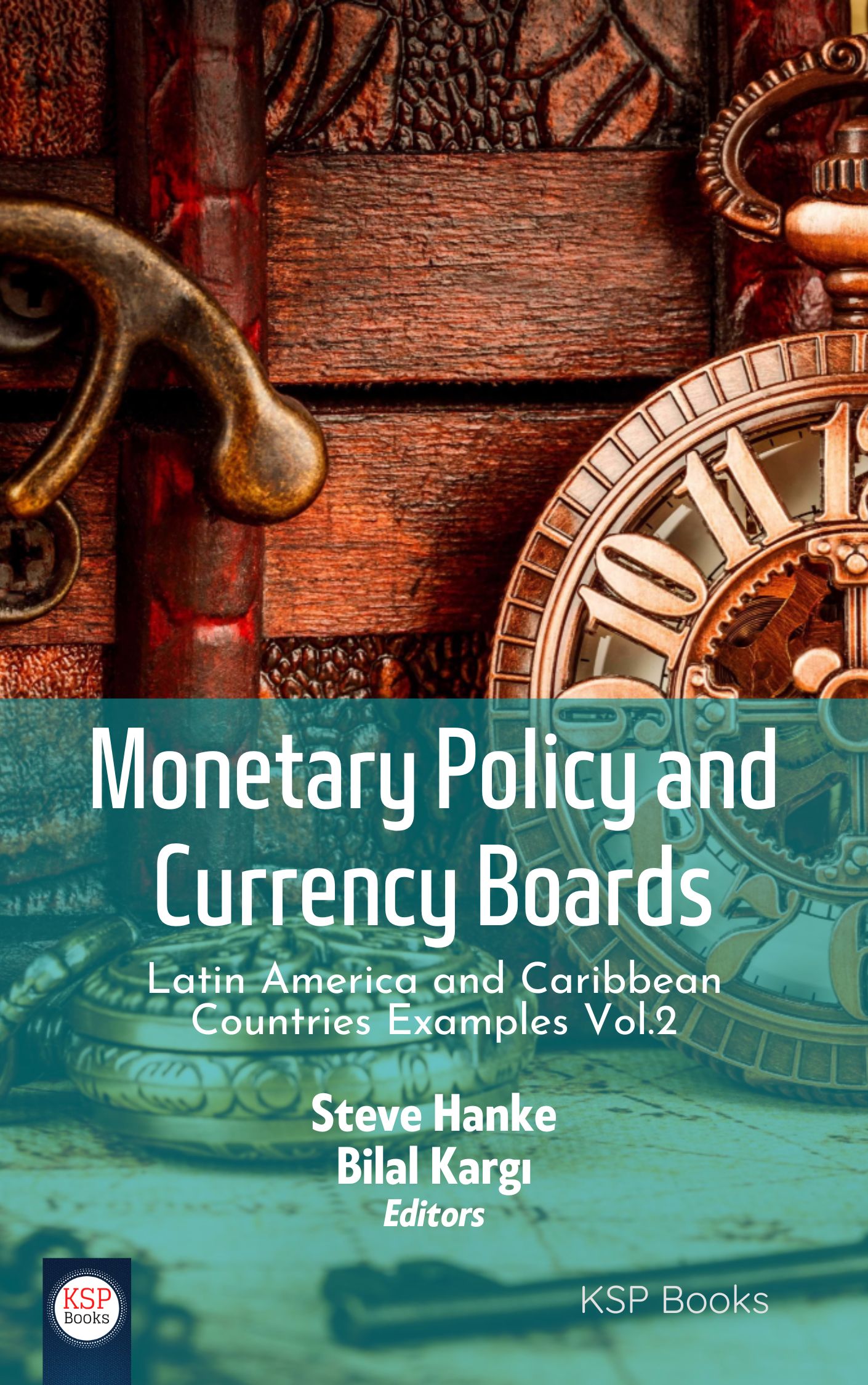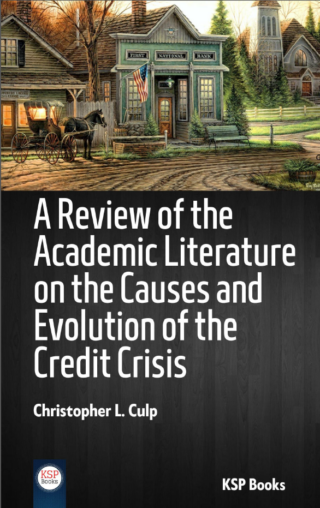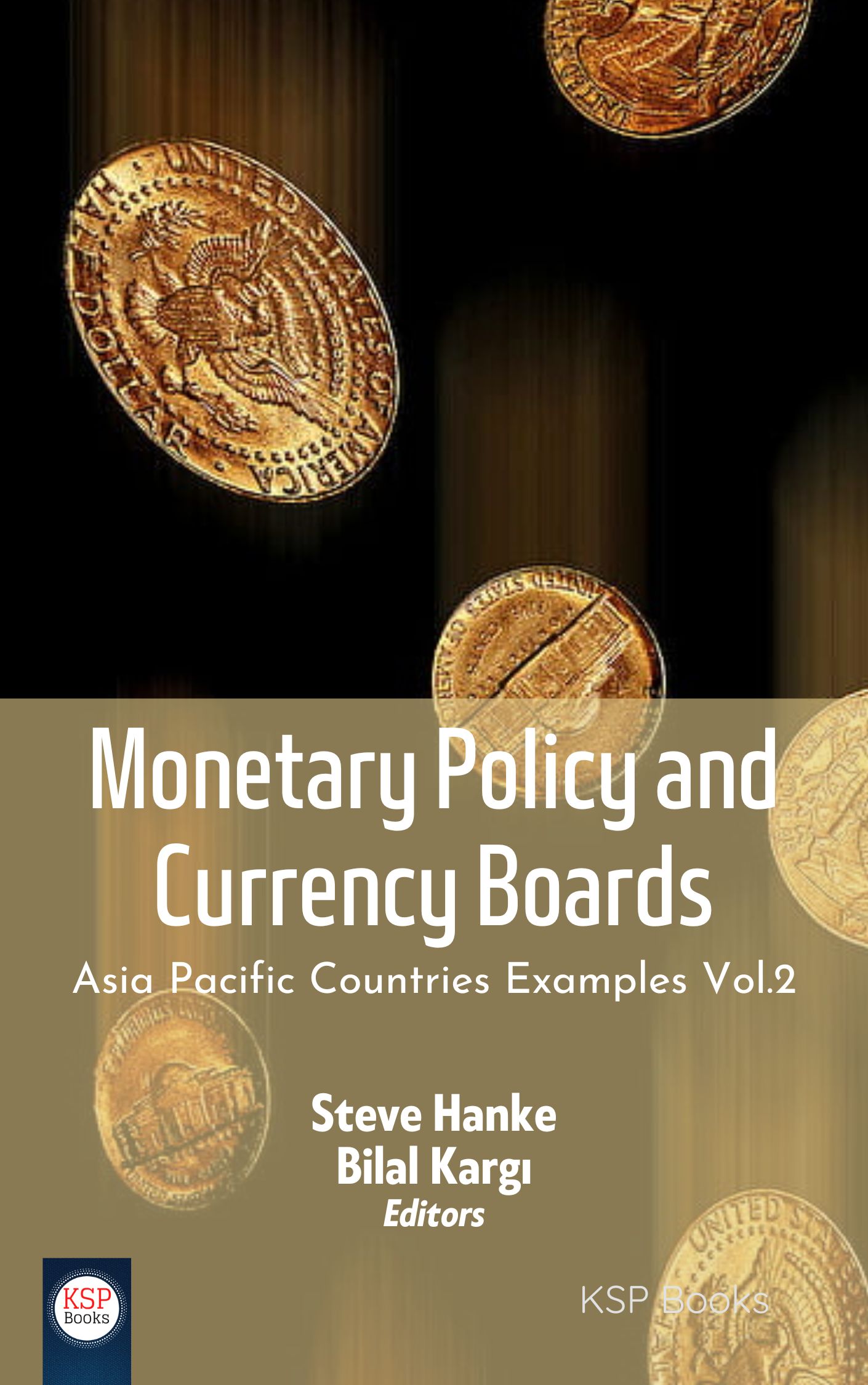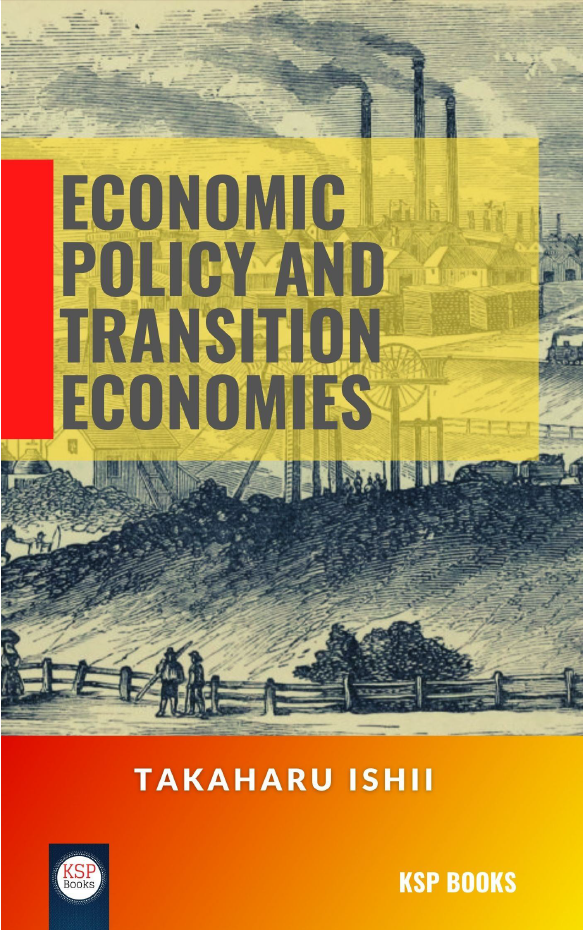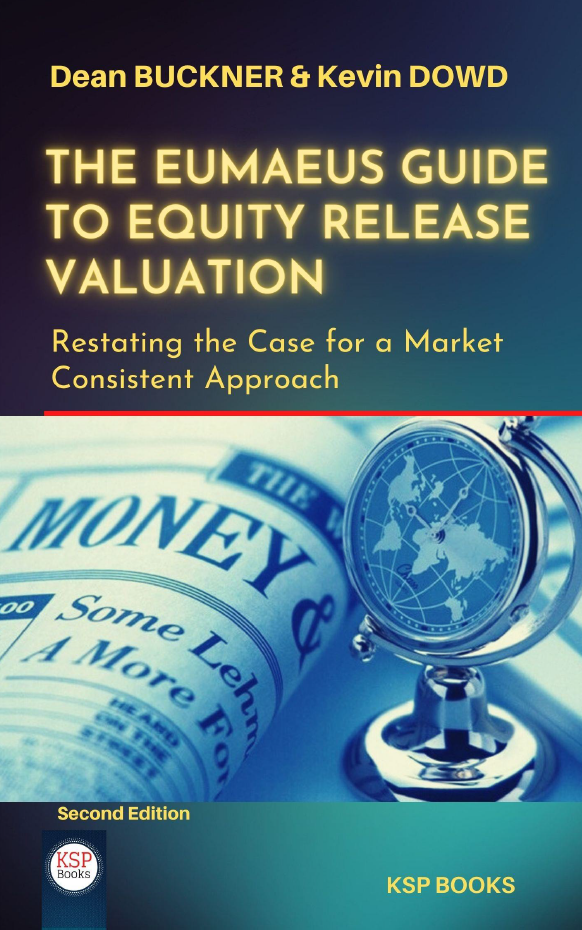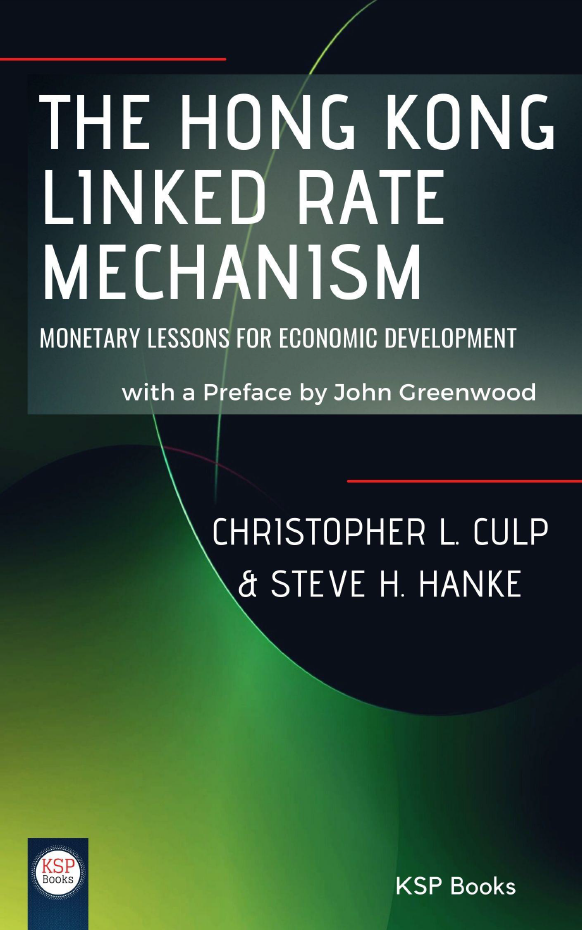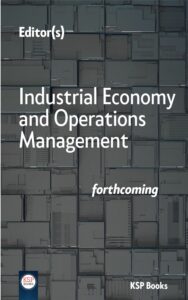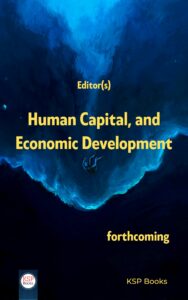By
Siméon Maxime Bikoué
Advanced School of Economics and Commerce, University of Douala, Cameroon
Kwami Ossadzifo Wonyra
LaRSEG, University of Kara, Togo.
e-ISBN: 978-625-7813-51-8
Publishing Date: December 15, 2020
File Size: 3,186 MB
Length: xix + 167 pages (PDF)
Language: English
Dimensions: 13,5 x 21,5 cm
 This Book is completely open access. You can freely read, download and share with everyone.
This Book is completely open access. You can freely read, download and share with everyone. 
(Ch.1) This research analyses the effects of structural transformation on sectoral employment and sectoral labour productivity in WAEMU countries. To achieve this, the methodological approach adopted consists of decomposing the economy into three sectors, namely agriculture, industry and services. The results show that the agricultural sector employs 70% of the available labour force as against 10% and 20% respectively for the industrial and service sectors. In terms of value added, the agricultural (rural) sector and the service sector contribute 40% each against 20% for the industrial sector to the Gross Domestic Product (GDP) for the Sahelian countries. For all WAEMU countries as a whole, the agricultural sector accounts for 30%, industry for 20% and services for 50%. Reallocation effects show that the service sector is the sector benefiting from a better reallocation of the labour factor. This reallocation effect is very pronounced in Burkina Faso compared to all Sahelian countries and all WAEMU countries.
(Ch.2) The aim of this chapter is to analyse the determinants of moonlighting in the context of falling worker’s wages in Cameroon. From a sample of Cameroonian workers with a main job a bivariate structural probit model analysis shows that the participation in moonlight jobs is inversely correlated with the level of education and the female gender. But it is positively correlated with both the wage of the main job and age. Moonlighting seems to play a different role in the transition from working life to retirement in Cameroon compared to developed countries.
(Ch.3) This chapter clarified the concept of the informal sector and highlighted its role and importance in the strategy for tax revenue mobilization. More specifically, it discusses the different approaches to the concept of the informal sector before looking at the issues related to its taxation. The data analyzed in this paper has helped to establish the socio-economic importance of informal sector activities in developing countries in general and in Burkina Faso in particular. The data analyzed indicates that in Burkina Faso, the majority of IPUs are illiterate (33.2% of IPUs have no education) with, however, a non-negligible level of benefit for the majority of IPUs (around 65%). UPIs that make an average profit of more than 10,000,000 FCFA represent 8% of the total. The statistics clearly show that UPIs generate income, however small, which could contribute to the financing of public expenditure.
(Ch.4) The aim of this chapter is to show that the phenomenon of corruption appears as an essential explanatory variable in the banking crisis which has shaken Cameroon since the end of the 1980s. To identify the effects of this phenomenon on the banking system, the authors use the contract and agency theory, and in particular the role of asymmetric information as a generator of adverse selection and moral hazard in the game of the financial intermediation function. The observation reveals that corruption has generated and reinforced information asymmetry and disrupted bank credit contracts. The persistence of corruption has made it difficult to conduct effective bank restructuring. In addition, it has accentuated the loss of credibility of the banking system.
(Ch.5) This chapter reviews the literature on taxation of the informal sector, taking stock of the main debates and drawing attention to recent innovations. Traditionally, debates on taxation have often focused on the limited revenue potential, the high cost of collection and the potentially negative impact on small businesses. Recently, arguments have increasingly focused on the more indirect benefits of informal taxation concerning growth, tax compliance and governance. The results on the probability of UPI registration show that only the direct tax variable has a significant negative effect on the UPI at a rate of 1%. The efficiency of the taxation system applicable to the informal sector should be sought through a lower tax rate for small IPUs and a high tax rate for large IPUs.
(Ch.6) The purpose of this chapter is to highlight the determinants of child labour for children aged 5 to 17 in Cameroon. The study uses microeconomic data from the third Cameroonian household survey (ECAMIII). The bivariate probit model reveals that the risks for a child who works are great if he does not go to school, he is fatherless or both parents are dead, the head of the family is not educated, he works in the agricultural sector, the standard of living of the household is low and he resides in rural areas. The study suggests that the issue of child exploitation in Cameroon is more global and necessarily falls within an economic and social development policy. From this perspective, the strategy to combat the particularly harmful exploitation of child labour should be cross-sectional because of the various dimensions of the phenomenon.
Chapter 1.
Structural transformation and labour force reallocation effects: Evidence from West African Economic and monetary Union (WAEMU)
K.O. Wonyra, M. Kinvi, H. Tenakou
Chapter 2.
The determinants of moonlighting in the context of falling wages in Cameroon: A bivariate structural Probit model analysis
S.M. Bikoue
Chapter 3.
Informal sector and taxation in Burkina Faso
H. Tenakoua & K.O. Wonyra
Chapter 4.
Corruption game and banking intermediation crisis in Central Africa: Evidence from Cameroon
S.M. Bikoue
Chapter 5.
Taxation of the informal sector and tax mobilisation in Burkina Faso
H. Tenakoua & K.O. Wonyra
Chapter 6.
Taxation of the informal sector and tax mobilisation in Burkina Faso
S.M. Bikoue
Siméon Maxime Bikoué
Advanced School of Economics and Commerce, University of Douala, Cameroon
Siméon Maxime Bikoué: Holds a Doctorate in Economics and an Accreditation to Supervise Research (ASR). Lecturer at the Advanced School of Economics and Commerce – ASEC (University of Douala), he is also member of the Laboratory of Research in Mathematical Economics – LARME (University of Yaoundé II) and visiting researcher at the laboratory of theories and Applications in Microeconomics and Macroeconomics – TEAM (University of Paris 1 Panthéon Sorbonne). He is the author of articles published in international scientific journals and of two books to be published by Cheikh Anta Diop: “Political Economics of Development” and “The public regulation of the market economy”.
Kwami Ossadzifo Wonyra
LaRSEG, University of Kara, Togo.
Kwami Ossadzifo Wonyra: Born on December 15, 1984, in Togo, I have a doctorate in International Economics in 2015. I am also a graduate in Trade Policy Analysis at the Trade Policy Training Center in Africa (TRAPCA) with partnership of LUND UNIVERSITY (Sweden). I am currently a research professor at the University of Kara, Togo and Trade policy professor at TRAPCA (Arusha, Tanzania). I teach courses in International Trade, Trade Policy Practice, Trade Negotiations and Applied Econometrics. My research covers the liberalization of trade in services, the effects of regional trade agreements, non-tariff barriers, and macroeconomics policies and so on. I did also research on impact evaluation of trade policies implemented in developing countries. In addition to my job as a researcher, I am also a consultant and I have a good experience. In the context of AfCFTA, I drafted the national strategy of AfCFTA implementation in Togo from June to December 2019, as consultant of UNECA. I am currently formulating the AfCFTA implementation Strategy of ECOWAS, as Support Consultant hired by UNECA and ECOWAS. From 2011 to 2015, I was Program Officer at the Ministry of Social Action where I coordinated programs and projects aimed at empowering vulnerable people in Togo.
Related EconPedia Items





